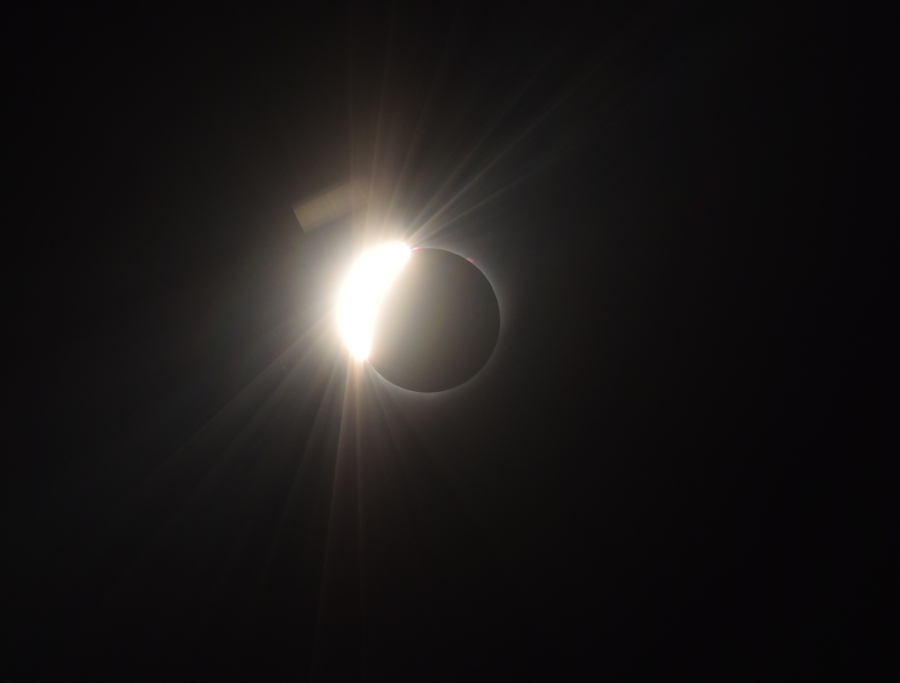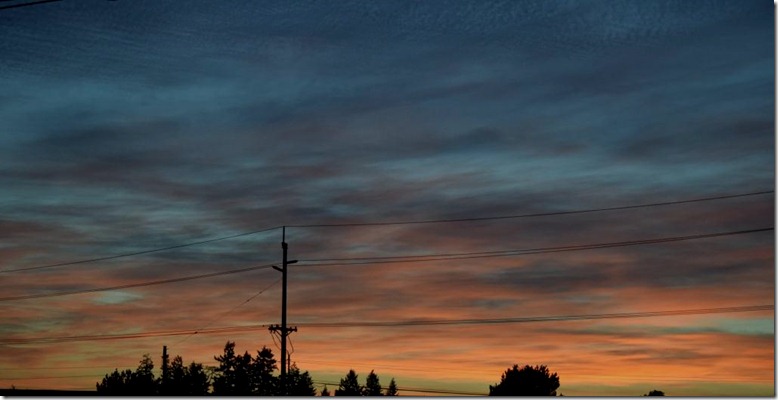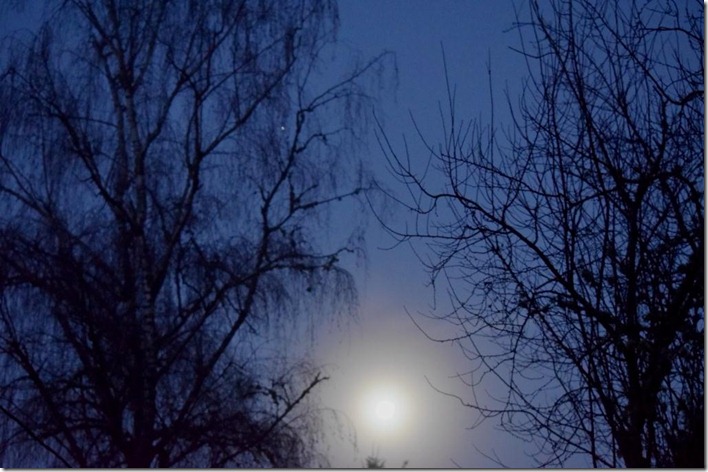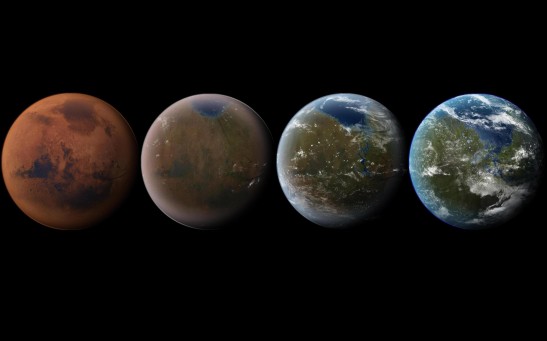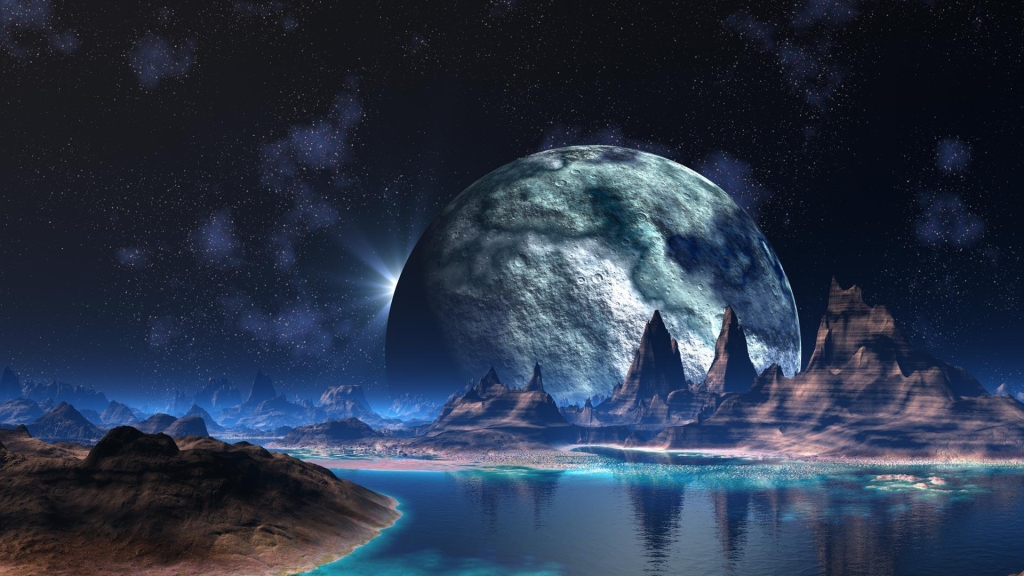
One of the things that really pulls me into a story and transports me to a fantastical or future setting is the language, specifically the invented slang and terminology for various things. For example in Star Trek we have “phasers,” “beaming,” “transporters,” “replicators,” “tricorders,” “hyposprays,” “Jefferies tubes,” “Turbolifts,” and on and on. Firefly didn’t have as much tech to name, but had a wealth of other slang such as “shiny,” “brown coats,” “the Alliance,” “reavers,” “core planets,” “the rim,” and so on.
For me this is one of the hardest things to do, authentically and with any originality. My mind tends to be too literal. And yet this is one of the aspects I most like about science fiction, imagining how language will change with the passing of time.
Big shows don’t always get it right, either, although I suspect they don’t want to take it too far and risk alienating (no pun intended) their audience. I found a line in Star Trek: Voyager ep, “Demon” a bit jarring. While Tom Paris and Harry Kim are on the demon-class planet, Tom attempted a joke, which Harry declared “lame.” And I thought, who is still going to be saying “lame” in 500 years? Probably no one, at least not in this context. Consider what the English language sounded like 500 years ago. Shakespeare’s jokes are often lost on modern ears. I understand they had to straddle the line between appealing to today’s audience and envisioning the future, as we all do. If it’s too strange, they’ll miss the meaning or misconstrue the tone of friendly banter. But if it’s too contemporary the story will quickly become dated, and the terms can destroy that suspension of disbelief. I don’t mean to pick on Voyager, it just happens to be fresh in my mind from watching it a couple days ago.
In the Mad Max: Beyond Thunderdome, the group of children he encounters who’ve raised themselves and each other grew up relying on the limited vocabularies they had before all the adults vanished from their lives, so they’ve adapted the language as they needed to. Star Trek: Enterprise riffed on this in S1E6 Terra Nova. The survivors of a group of settlers who were children when they arrived on a new planet are now adults with children of their own and have much the same language skills they had as children. The terms they use are simplistic and child-like, but because of that it’s easy to understand what they’re talking about.
For a more mature cast of characters who haven’t grown up in isolation, better options are needed for language adaptations. Language is fluid, dynamic. For instance, not so long ago “Groovy” was popular but today it’s only used in a humorous context, and that didn’t take anywhere close to 500 years.
Anyway, I need to go dream up some fun new phrases for my characters in my Kindle Vella series. I’ve only got two episodes up so far. Time to get cracking!


